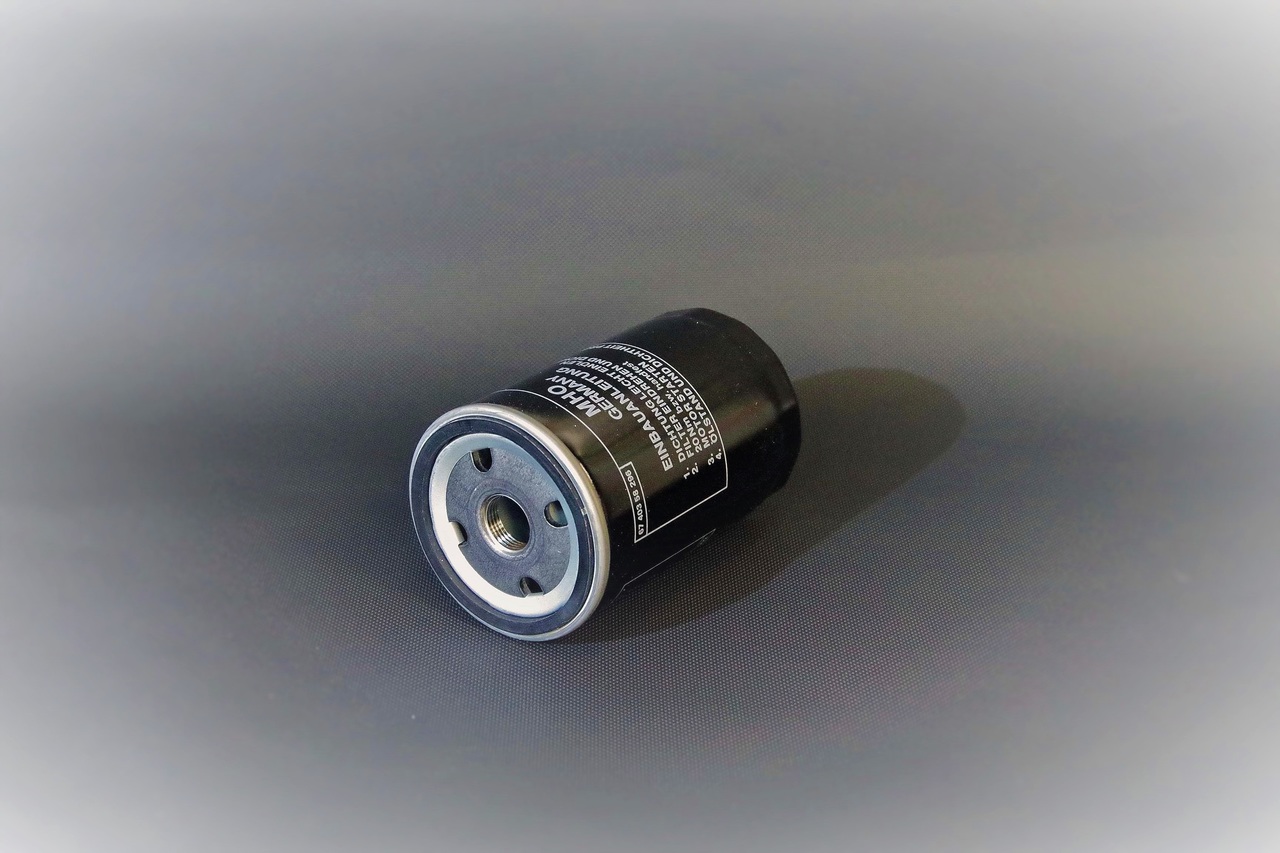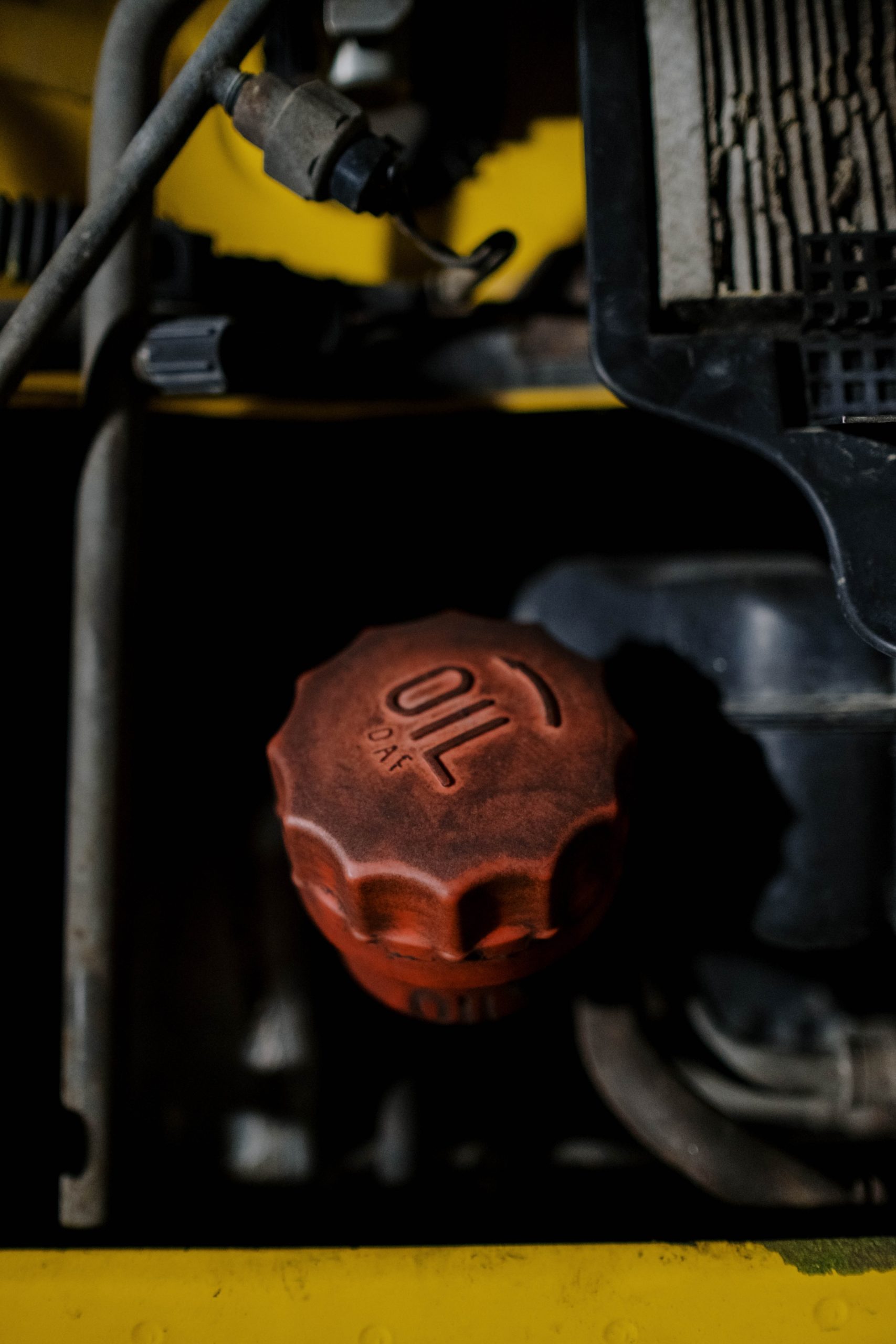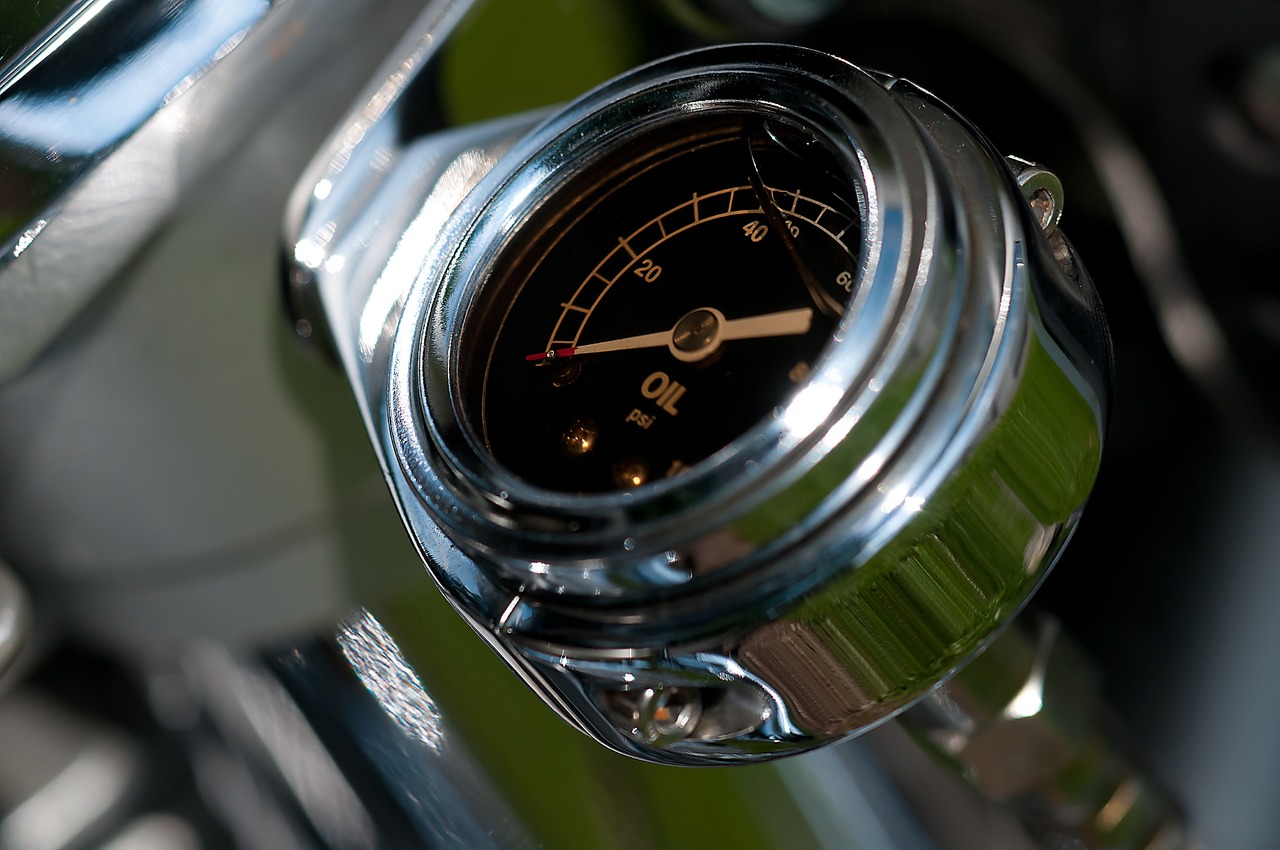5 Things Your Technician Wishes You Knew
When defining my love for all things motoring, I often call myself ‘my father’s spanner boy’ because, the only time I could spend any real time with him, was under the bonnet of a car.
When defining my love for all things motoring, I often call myself ‘my father’s spanner boy’ because, the only time I could spend any real time with him, was under the bonnet of a car.
Engine oil is necessary to lubricate the numerous components within the car’s engine that work together to make a vehicle run. Without oil, the engine would quickly overheat and the many parts within it would wear out prematurely.
An oil filter is a component in your car’s engine which filters the oil and is about the size of a can of tinned fish. But, every time oil circulates through the engine it can become contaminated. Contaminates can be anything such as specks of dirt, tiny stones, or chips of stones and pieces of metal or glass.
Should any of these get into the engine oil stream, they could rub against key engine parts or get lodged between different engine parts and could cause severe damage. The type of damage could range from worn bearings, blockage of air to oil jackets and jammed hydraulic lifters, to mention a few.

Over time, as the filter attracts impurities, it begins to get clogged up and slowly stops working as effectively as it could. When the filter becomes too blocked up to do its job properly, dirty oil begins (and continues) to circulate within your car’s engine. Therefore it is extremely important that you have your car serviced timeously as this is when the oil filter is replaced.
A failing oil filter will allow impurities to pass through and slow down the delivery of oil, leading to early engine wear, poor performance, or even complete engine failure.

Poor performance can be any number of things, the most noticeable being that when you press down on the accelerator your car does not respond instantly. Instead, you will notice that there is a slight delay before power kicks in.
That said, this type of damage is not exclusive to a failing oil filter but could also be an indication of a carburetor problem, a clogged air filter, or a blocked fuel filter, among a myriad of things.

When there isn’t sufficient oil to lubricate the various parts within the engine, the result is a startling metallic sound as a result of the engine parts grinding against each other. Should you hear this type of sound, pull over immediately and turn off the engine to cut power to the engine and stop the parts from moving. Failure to do so could result in your engine seizing.
Should you notice a dip in your oil pressure gauge, chances you have an oil pressure problem. Oil pressure drops can be caused by a clogged filter or a serious oil leak. No matter the cause, if your oil pressure gauge drops quickly, pull over and call for a tow. Do not continue driving as this could be a death sentence to your engine.

A clogged oil filter can also affect your vehicle’s exhaust system. One of the most common tell-tale signs of a clogged oil filter is seeing smoke coming out of your tailpipe (and not just the normal wisp of white smoke which gets emitted when you start the car on a cold day). Rather, brown or black smoke could be an indication that your vehicle is burning an excessive amount of oil or fuel.
While the fuel filter is generally an inexpensive component, it has the potential to cause incredibly extensive and expensive damage; and as with many car-related problems taking your vehicle for service at regular intervals could save you time and money.
Ideally, your car should drive smoothly and one of the best ways to ensure this is by using the clutch properly. However, bad driving habits not only cause an uncomfortable ride, but could also damage your car and clutch in particular. Here is what you should know about getting the most of your clutch:

Should you suspect or experience any problems with your clutch, we highly recommend that you have a qualified technician attend to it immediately to avoid further damage, expensive repairs or causing an accident.